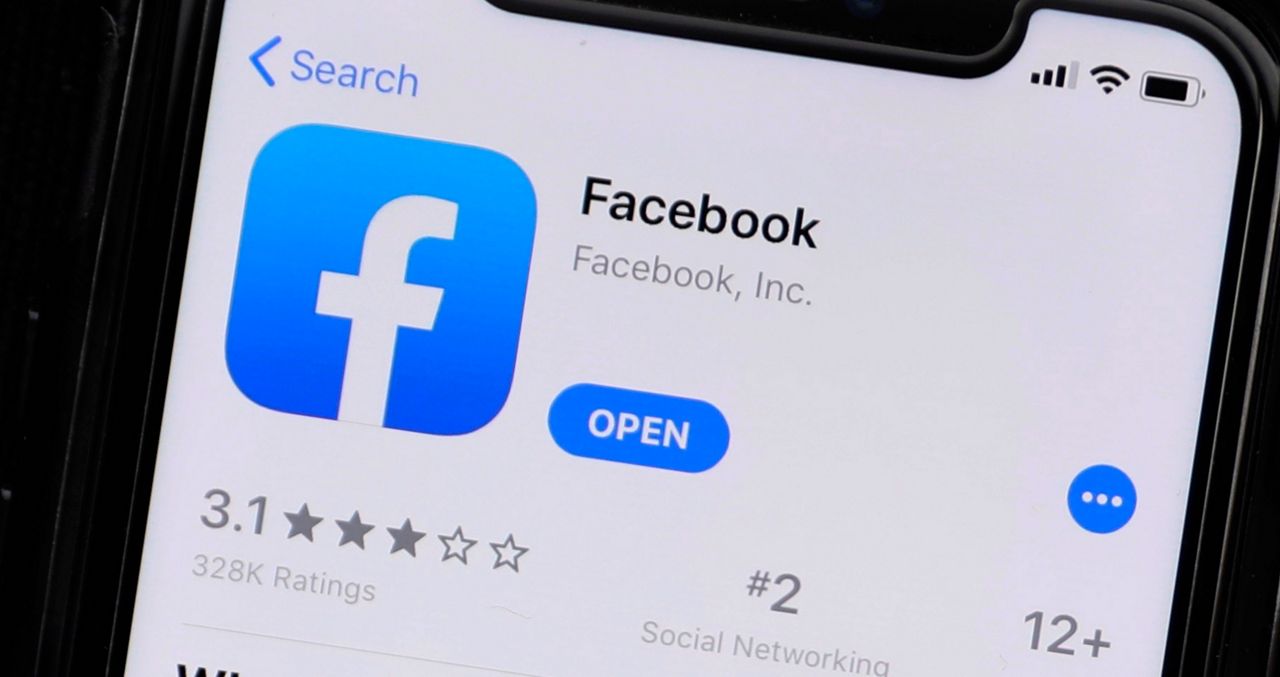NATIONWIDE — Kim Kardashian West and Mark Ruffalo are among the celebrities who announced they will silence their Instagram and Facebook accounts for a day as part of the Stop Hate for Profit campaign.
The coalition has partnered with civil rights organizations including the NAACP, Anti-Defamation League, and Color of Change to hold a week of activism demanding that Facebook “take action to address racism, hate, and disinformation on its platforms.”
Wednesday’s event will be a social-media “freeze” on the company’s social media platforms. Kardashian West announced her support for the campaign on Twitter, saying in part that she “can’t sit by and stay silent while these platforms continue to allow the spreading of hate, propaganda and misinformation.”
Sacha Baron Cohen, Ashton Kutcher, and Kerry Washington are among the other celebrities who also tweeted their support for the campaign.
The organization also cited various militant groups’ use of Facebook during the recent protests in Kenosha, Wisconsin, which were sparked after police shot Jacob Blake seven times in the back.
"Facebook wants you to believe that the company's role in the death of the protestors in Kenosha was just an 'operational mistake.' But it wasn't. It is just the latest casualty of Facebook's choices designed to maximize profits," the coalition said in a statement. "Our organizations as well as other experts have been warning Facebook for years about the problem of dangerous, potentially violent groups and individuals using Facebook. But time and time again they've failed to listen."
The coalition previously hosted a month long boycott of the website following the death of George Floyd at the hands of Minneapolis police in July.
The renewed protest of Facebook comes on the heels of the company’s announcement that they will implement new measures to reduce the spread of misinformation ahead of the Novemeber elections.
In early September, Facebook announced it will restrict new political ads in the week before the election and remove posts that convey misinformation about COVID-19 and voting. It will also attach links with official results to posts by candidates and campaigns that prematurely declare victory.
“This election is not going to be business as usual. We all have a responsibility to protect our democracy,” Facebook CEO Mark Zuckerberg said in a post at the time. “That means helping people register and vote, clearing up confusion about how this election will work, and taking steps to reduce the chances of violence and unrest.”
Some activists hailed the new policies but said the onus will be on Facebook to enforce them. And others were skeptical that they’ll really make a difference.
Siva Vaidhyanathan, a Facebook expert at the University of Virginia, said the company again proved itself incapable of effectively snuffing out dangerous misinformation when it failed to remove postings by right-wing militia organizers urging supporters with rifles to converge on Kenosha, Wisconsin.
“Facebook’s biggest problem has always been enforcement,” he said. “Even when it creates reasonable policies that seem well-meaning, it gets defeated by its own scale. So I am not optimistic that this will be terribly effective.”
Facebook and other social media companies are being scrutinized over how they handle misinformation, given problems with President Donald Trump and other candidates posting false information and Russia’s ongoing attempts to interfere in U.S. politics.
Facebook has long been criticized for not fact-checking political ads or limiting how they can be targeted at small groups of people.
With the nation divided, and election results potentially taking days or weeks to be finalized, there could be an “increased risk of civil unrest across the country,” Zuckerberg said.
The Associated Press contributed to this report.



